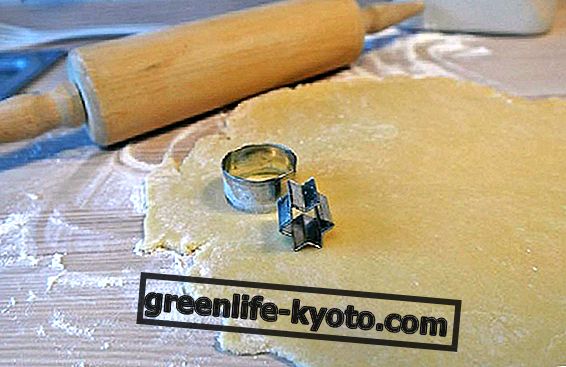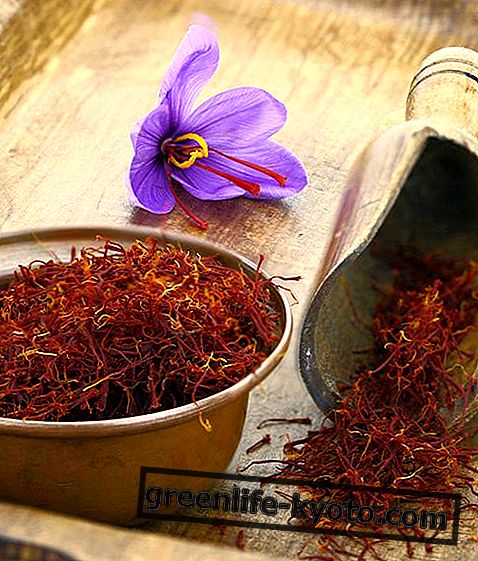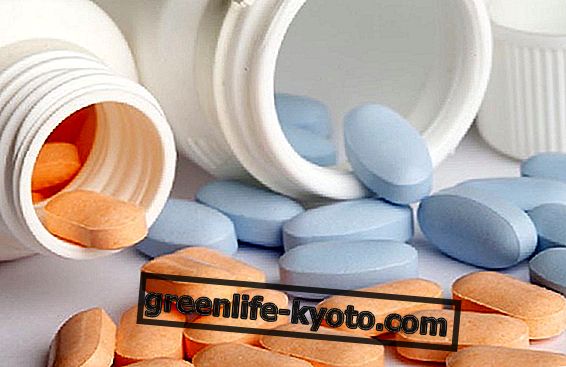
The intestinal bacterial flora is formed by billions of micro-organisms (bacteria, fungi and viruses) that coopoera between them. In order for our organism to take advantage of the human microbiota (the set of these microorganisms present in the intestine) it is good to take care of it. Let's find out how.
The Bacterial Flora, what is it?
Actually the gastro-intestinal bacterial flora is a real fauna . It is, in fact, a microcosm populated by many bacterial species, about 400 among aerobic, anaerobic, virus, clostridial and mycotic presences .
The bacterial load increases progressively as we descend from the stomach to the intestine and represents an indispensable protective barrier of our body.
It is important to take care of it and preserve it from alterations, dysbiosis, which could weaken our defenses in the face of pathogenic attacks, make us tired, exhausted and vulnerable. So how can we intervene preventively to prevent this from happening?
Simply by introducing into our diet prebiotics and probiotic supplements capable of preserving the bacterial flora, avoiding unpleasant migration of infectious bacteria to other districts such as the urinary tract or the stomach, and protecting our body when we are subjected to pharmacological treatment with antibiotics.
Prebiotics
Prebiotics are substances present in food that are not absorbed but are used by the intestinal flora to promote the growth of "good" bacteria such as bifidus bacteria and lactobacilli.
The prebiotics are oligosaccharides, especially the fructo-oligosaccharides (FOS), inulin, and the galacto-oligosaccharides (GOS), which we find in fruits and vegetables .
Nutrients rich in prebiotics to be introduced into the diet are onions, garlic, asparagus, artichokes, wheat, soy, bananas, chicory and endive.
The inulin then undergoes a fermentation cycle which leads to the growth of good bacteria on the one hand and on the other the fermented waste product is an energy element for the cells. We can also find prebiotics in pharmacies or herbal medicine to help the right amount of intestinal flora.
When the intestinal bacterial flora loses its balance: the intestinal candida
Probiotics
From definition of the WHO probiotics are " live organisms that administered in adequate quantities bring benefit to the health of the host ". These are good, non-pathogenic bacteria, such as lactic acid bacteria or bifidobacteria.
They have the function of strengthening the immune response, of stimulating intestinal permeability, of enriching the intestinal flora, of assisting the fermentation of food residues.
We can find shares of interesting probiotics in fermented foods, such as whole white yogurt, acidophilus milk, kefir, live ricotta. In herbal medicine and in pharmacies we can easily find probiotics in various forms, in powder, in fluid or in tablets capable of further enriching our bacterial flora with more than a billion new elements.
When treating yourself with pre and probiotics
It is good to integrate the contribution of prebiotics and probiotics:
- during seasonal changes, where a greater effort is required from our immune system to climate changes;
- during antibiotic-based treatments, which on the one hand fight infections on the other, impoverish the bacterial flora and weaken our body;
- in the case of irritable bowel syndrome, in the presence of Helicobacter Pylori or Escherichia Coli.
Undergoing probiotic cycles is always a useful and beneficial practice to take care of the intestinal flora and preserve our state of well-being.













